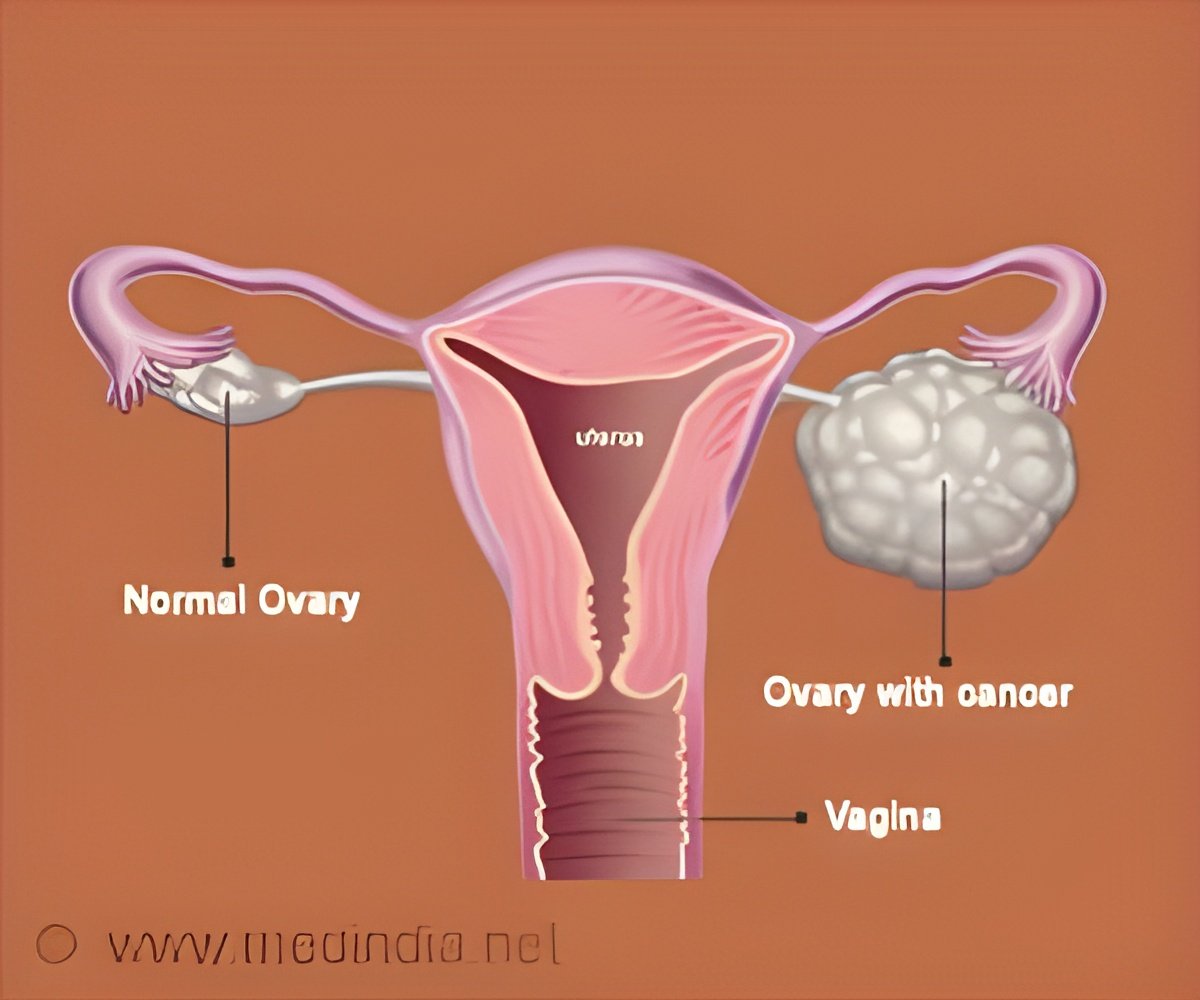“The main takeaway is that psychological stress impedes the body’s ability to fight off gut bacteria that may be implicated in Crohn’s disease. Innate immunity is designed to protect us from microbes that do not belong in the gut, like harmful bacteria,” said senior author Brian Coombes, professor and chair of biochemistry and biomedical sciences at McMaster.
“When our innate immune system functions properly, it prevents harmful bacteria from colonizing us, but when it breaks down, it leaves an opening for pathogens to colonize locations they normally cannot and cause illness.”
The study was published in Nature Communications on Nov. 18.
Coombes said that removing stress hormones in the mouse models restored proper function to immune cells and epithelial cells, blocking the invasion of harmful microbes.
While this discovery could lead to new treatments for Crohn’s disease, Coombes emphasizes these findings are still at the pre-clinical stage and more work needs to be done.
“The more we know about what triggers Crohn’s disease, the closer we come to new treatments and potentially even disease prevention,” said Coombes.
Crohn’s disease is an inflammatory condition that causes inflammation, ulcers and scarring in the digestive system. While its root cause is still not fully understood, Coombes said patients with the disease often have an altered gut microbiome dominated by Enterobacteriaceae like E. coli.
The Coombes lab is part of the Michael G. DeGroote Institute for Infectious Disease Research and the Farncombe Family Digestive Health Research Institute based at McMaster University. External funding for the study was provided by the Canadian Institutes of Health Research and Crohn’s and Colitis Canada.
Source: Eurekalert



